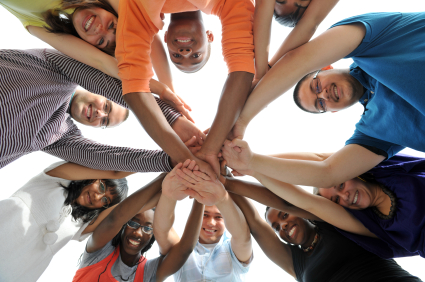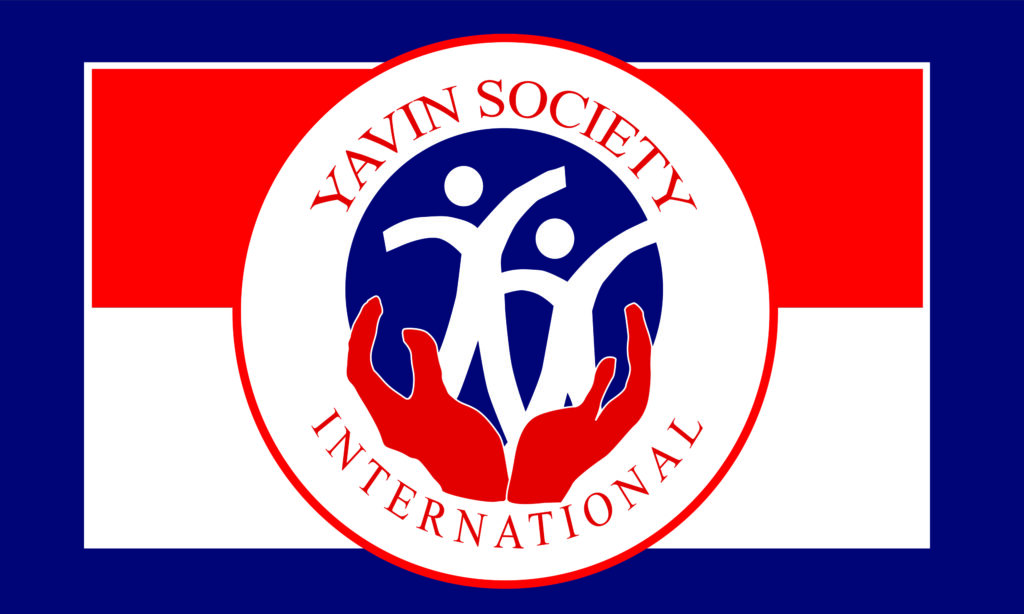
Youth Outreach in North America – Canada
Focused on Vancouver British Columbia, we network to foster positive living among the youth. The plan is integrated in nature in ways of assisting qualifying adults attached to youth challenges.
Addiction (especially drug abuse), anxiety and even deaths (from these challenges) being some of the major problems faced by the local youth, we approach the problems holistically. This approach entails spheres around mental, social, spiritual (Christian Counselling), professional counselling (referrals) and psychological healing areas. All young people and qualifying adults affiliated to the youth are welcome without discrimination to race, faith, sex or creed.
Based on the above, our approach of team building is the major strategy in community outreach. Many dysfunctional relationships, family breakdown and inadequate one-on-one interaction lead to anxiety and uncertainty. These drive many younger people to extreme margin within our society. This approach is a fundamental support to the local youth population as well as immigrant demographics from traumatizing backgrounds such social and civil conflict and war ravaged societies.
Yavin Society (Yavins) needs team builders and group networks aimed at engaging students and children in various sectors of vulnerability. We work to raise awareness and public campaigns against addictions, promoting school attendance for the youth and even children.
The best approach involves working with and targeting churches, education institutions as means to raise volunteer teams (peer teams) which can be empowered to do community outreach such as awareness meetings in schools, colleges, universities, as well as other social gathering areas where the youth and children congregate most.
Permanent teams are essential in advocacy programs as well as serving as referrals for questions in line with anxiety. Collective efforts are needed to establish one community centre where social interactions can be fostered.
With the high cost of living, limited accommodation and less family support in many jurisdictions, the youth are affected the most because of homelessness. More staff and volunteers are needed for strong teams.
We work with other stake holders in addressing anxiety and social challenges. Volunteers are needed for such roles for the great success of these efforts.
Group therapy plays a vital role in addiction recovery, offering a range of benefits that can greatly support individuals on their journey to sobriety. In such areas, we explore key benefits of group therapy: peer support, emotional support, and developing coping mechanisms.
Approach in Peer Support in Group Therapy
Talking of peer support, we mean the process of giving and receiving nonprofessional, nonclinical assistance from individuals with similar conditions or circumstances, is a fundamental aspect of group therapy for addiction recovery. Being surrounded by individuals who recovered and experienced similar challenges can provide a sense of belonging and confidence as well as reducing feelings of isolation.
In team spirit under group therapy setting, participants can share personal stories, challenges, and successes with others who truly understand their struggles. This shared experience creates a supportive environment where individual youth can gain valuable insights, learn from one another, and draw strength from the collective efforts towards complete recovery. We don’t offer any medical interventions. Individuals in need of medical intervention must receive the services before accessing our services. Referrals can be made for the new immigrants and victims of social conflicts or those from civil war ravaged societies. Such victims are not limited the youth and children but adults can also be targeted for support.
Approaches of Emotional Support in Group Therapy
Addiction and anxiety recovery can be challenging processes. Group therapy offers a safe and empathetic space where individuals can receive emotional support from both the group therapist and fellow participants. Members of the group can provide positive stories of encouragement, share their own experiences, and offer comfort and understanding.
The power of shared emotions within the group can alleviate feelings of shame, guilt, and loneliness. It allows individuals to express themselves authentically, fostering emotional healing and growth. Through active listening and empathetic responses, group members can help one another navigate the emotional ups and downs of recovery.

Developing Coping Mechanisms in Group Therapy
Group therapy provides a structured setting for individuals to develop and refine essential coping skills necessary for managing addiction. Participants can learn new strategies, techniques, and tools to navigate cravings, avoid relapse, and manage triggers. Sharing personal experiences and learning from others’ coping mechanisms can broaden one’s repertoire of effective strategies.
The group therapist plays a crucial role in facilitating discussions and providing guidance on coping skills. They can offer expert advice, practical exercises, and feedback to help individuals strengthen their coping abilities. The collective wisdom of the group can inspire and motivate participants to apply these skills in their daily lives, supporting long-term recovery.
By embracing the benefits of group therapy, individuals in addiction recovery can tap into the power of peer support, find solace in emotional connections, and develop effective coping skills. Group therapy fosters an atmosphere of understanding, encouragement, and growth, offering a valuable complement to individual therapy and a strong foundation for lasting recovery.
What Interpersonal Skills in Group Therapy?
Group therapy during addiction recovery not only offers a supportive environment but also provides a platform for individuals to develop important interpersonal skills. Through various activities and interactions, participants can enhance their social interaction, assertiveness, and active listening skills.
Practising Social Interaction
In group therapy, individuals have the opportunity to practice social interaction in a safe and non-judgmental setting. Engaging with others who are going through similar experiences allows individuals to build self confidence and develop healthier interpersonal connections and positive survival relationships. By actively participating in group discussions, sharing personal stories, and providing support to fellow members, individuals can refine their social skills and gain a sense of belonging.
Music and Art Therapy with a Christian Approach
Our recovery approaches utilize constructive storytelling and music therapies. Here participants can play edifying music much of which encompasses Christian, country and contemporary constructive music. In addition to music, fine arts through drawing and painting are expressive means of expressing feelings and emotions. Exhibitions of participants arts brings healing and self confidence and self appreciation.
Learning Assertiveness
Group therapy also promotes the development of assertiveness skills. Through open and honest communication within the group, individuals can learn to express their thoughts, needs, and boundaries effectively. This newfound assertiveness helps individuals in recovery to advocate for themselves, set healthy boundaries, and make informed decisions. Learning assertiveness can be particularly beneficial for individuals who have struggled with personal self expression which hinders access to support networks.

Success Stage of Support
After the above series of approaches there is a need for follow-up additional support in form of advocacy or referrals to service providers such as but not limited to employment centers, worship centers or even potential employers as well as education or training centers.
The Urgent Needs for Sustainable Change
Much of the work is easier with more volunteers, sponsored interns, liaison services to service providers, trainers and opinion leaders. The biggest need is a permanent social centre (meeting venue) for such programs. Project proposal writers can be essential to realize such needs especially the permanent venue (structure) which would be open 6 days a week. Support for this area is urgent and crucial. For questions reach out to the Programs Director; Samson Nabbimba, or any staff through our Contact page.
Please click here for monetary donations.

